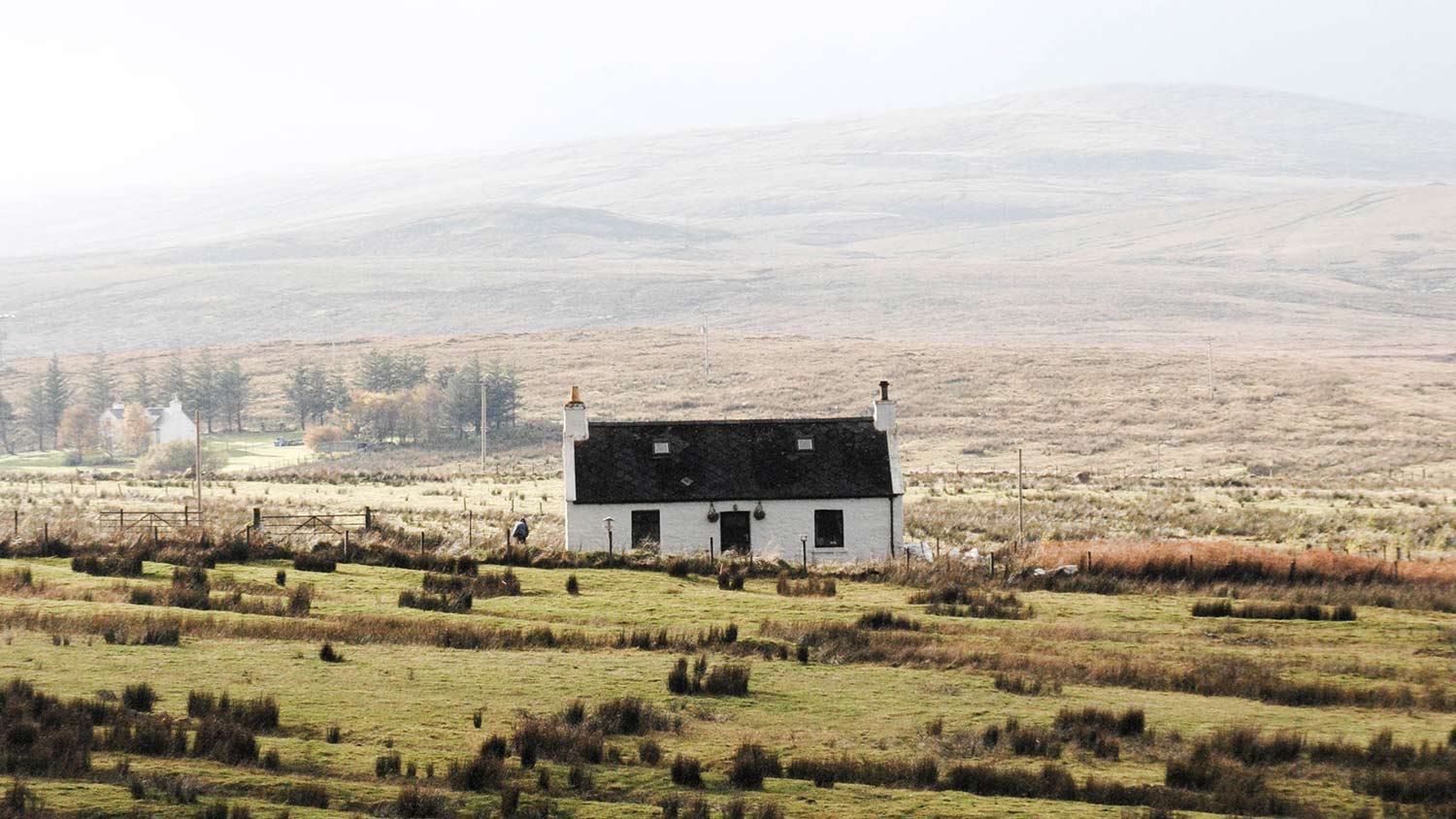Comparing plans to overhaul tenant rights in England, Scotland, and Wales
England, Scotland, and Wales all have proposals in the works to overhaul and improve tenant rights in the private rented sector. Here's a breakdown how they compare.
The Goodlord team
Jan 24, 2022
While England awaits the Renters' Reform Bill white paper - supplemented by proposals outlined in the Levelling Up White Paper - Scotland is consulting on its proposed "A new deal for tenants", and Wales has confirmed that its Renting Homes (Wales) Act 2016 will become law from July 2022. Each of the three plans includes sweeping changes intending to make renting simpler and fairer for tenants.
Proposing rent controls
Scotland's A New Deal for Tenants includes proposals for a national system of rent controls. Rent Pressure Zones can already be introduced where rents in an area are rising too much in Scotland, but, at time of writing, there are none in place.
However, the Scottish government has passed emergency legislation to freeze rents and introduce a moratorium on eviction enforcement. This has been backdated to 6 September and will last until at least 31 March 2023, with the possibility to be extended twice after a review, for up to 6 months each time.
In Wales, a similar proposal to freeze rents was voted down by the Labour party. However, the Welsh Labour government and nationalist party, Plaid Cymru, previously announced they would join forces to collaborate on certain policies, including the potential to introduce rent caps.
Rent controls in England were ruled out in the white paper, which said that the government "does not support the introduction of rent controls to set the level of rent at the outset of a tenancy."
However, Sadiq Khan, Labour’s London Mayor, has been vocal in his support of rent caps in the capital, so future elections may change the government's outlook on this topic.
Replacing tenancy contracts
From 1 December 2022, the Renting Homes (Wales) Act 2016 will replace Assured Shorthold Tenancies (AST) with a written standard contract for private landlords, which will need to be issued within 14 days of occupation, to shore up tenant security.
All existing tenancies will automatically be converted to the new contracts, but landlords will have six months to share a written statement of occupation with their tenants - or "contract-holders" as they'll soon legally be named.
Scotland abolished ASTs in 2017, which were replaced with private residential tenancies (PRTs). In England, the Renters' Reform Bill white paper has confirmed that the government intends to make all tenancies periodic. It will provide six months' notice of when this will apply to new tenancies.
Reforming eviction notices
Under the Welsh Act, landlords and agents will need to give their tenants six months' notice for a "no fault" eviction, from December 2022 - making permanent a temporary measure that was introduced during Covid-19.
Landlords also won't be able to serve notice to a tenant in the first six months of their tenancy, meaning that tenants will effectively be protected from a no fault eviction for 12 months from the start of their tenancy.
The English Renters' Reform Bill proposes abolishing Section 21 "no fault" evictions while strengthening Section 8 - and re-confirmed its intentions to do so in its February 2022 Levelling Up White Paper.
In Scotland, no-fault evictions were effectively abolished in 2017 with the introduction of the open-ended PRTs. Scotland's plans also include increasing penalties for illegal evictions and restricting evictions over the winter period as standard, supporting the action it's already taken in abolishing Section 21.
Research has shown that there was "no significant impact" on the size of the sector, rent, or homelessness from the change, paving the way for England to do the same, armed with this knowledge.

Creating a national landlord register
The A Fairer Private Rented Sector white paper has now announced that a property portal for landlords will be created in England, to "provide a single ‘front door’ to help landlords understand, and demonstrate compliance with their legal requirements".
The government will start to test potential solutions for the portal, which will give tenants and councils more visibility on property standards and help landlords understand their obligations. There are already Scottish and Welsh landlord registers in place.
Personalising homes and keeping pets
England's current AST templates include a pet clause, added in early 2021, and the new white paper plans to legislate so that landlords can't "unreasonably withhold consent" when a tenant asks to keep a pet in their home, with the tenant able to challenge a decision.
Landlords will also need to "allow reasonable requests by tenants to redecorate, hang pictures, or change appliances - provided they return the property to its original state when they leave". To support landlords, the government will amend the Tenant Fees Act 2019 to make pet insurance a permitted payment.
In Scotland, tenants currently must obtain written consent from the landlord to have pets, although its consultation looked into how changes could be made to allow tenants to personalise their homes and keep pets more easily too.
In Wales, pets will fall under "Additional Terms" in the new tenancy contracts, and have not been directly addressed in the new laws, which has "disappointed" RSPCA Cymru.
Addressing energy efficiency and housing standards
Scotland's A New Deal for Tenants also dips into the topic of energy efficiency and housing standards. It outlines its aim to introduce an EPC rating of C for private rented homes by 2025 - a reflection of the proposals in England and Wales.
Scotland has proposed "updating housing standards" too, echoed in the new Welsh laws which will also strengthen existing requirements for making properties fit for human habitation.
England followed suit in its white paper, announcing that it will apply a legally binding Decent Homes Standard - which currently only applies to social housing - to the private rented sector.
According to the white paper, this means that housing will need to be "free from the most serious health and safety hazards, such as fall risks, fire risks, or carbon monoxide poisoning" to be defined as "decent", among other criteria.
Updating Material Information requirements
National Trading Standards has outlined the steps it's taking to improve the material information required in property listings for England, Scotland, and Wales, to help tenants make an informed decision about renting a property.
Since May 2022, agents and landlords have had to include the details listed under Part A of the project: council tax band, price of the property or the rent, and details of the security and holding deposits.
Parts B and C will cover information "established for all properties" and any additional information that may not be applicable to all properties. Letting agents and landlords who fail to properly disclose material information could be liable for making “a misleading omission”.
Concluding remarks
Scotland and Wales have already implemented many of the "sweeping changes" that England is only now proposing. From no-fault evictions to a landlord register, England has some good templates to follow.
However, all three nations face different challenges, and there's obviously not a one size fits all solution to improving tenant rights. It will be interesting to see what each nation can learn from the others' experiences.
Want the latest lettings new delivered straight to your inbox every week? Sign up to our mailing list and stay up to date.



.jpg)
.jpg)

